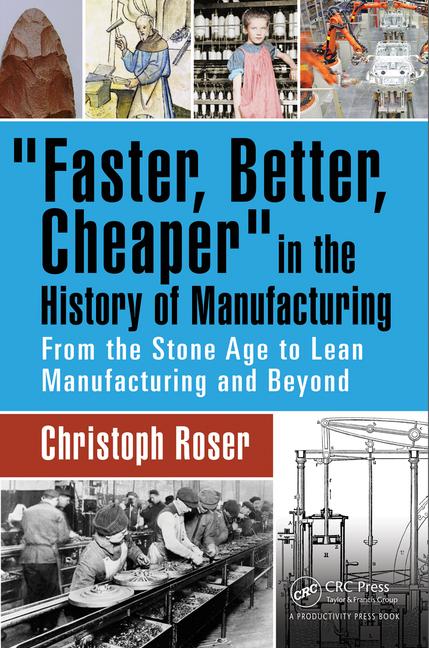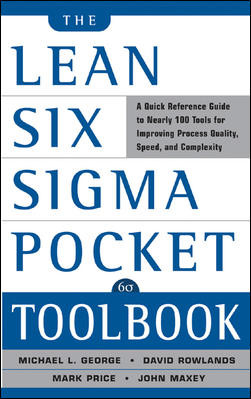Leading Lean: Don't Be the Victim
No organization can move forward without action, and effective action does not occur when people believe their efforts are fruitless.
At the end of June, Northwest Airlines was in hot water with its customers for canceling hundreds of flights. Northwest blamed weather and pilot absenteeism, both of which were true. But what Northwest really did was play the victim card-blaming causes outside of its control, and disregarding causes that it can control, such as the number of pilots on its staff and how it managed their schedules.
What does this have to do with your lean journey? The lean journey is about every person moving forward toward the ideal state. Everyone gets to carry the victim card and it’s easy to play, but-every time the victim card is played, it trumps all others that lead to forward progress. Every problem has multiple causes, and every organization has finite resources for solving problems. When we give attention to causes outside of our control, we take attention away from what we can control.
A great test of the tendency to play the victim card is the dialogue during value stream mapping. A value stream map helps a team gain a common understanding of the current state and develop agreement about how to improve. It isn’t magic, but it requires hard work and a commitment to come together as a team. It’s also an opportunity to play the victim card and derail your lean journey. Here’s an example.
The general manager of a division and his team were working on understanding their value stream. Examining and debating everything from the customers to the supply base revealed many excellent insights into opportunities that existed in their process. Then, during a break, the general manager said the words that ended all forward momentum, and eventually his job: “If it weren’t for our suppliers and our customers, we’d be in pretty good shape.” Yes, he was serious. He played the victim card and, because the boss played it, he had essentially played it for everyone.
This might sound like unusually misguided thinking, but it is logical to those who feel that despite their best efforts, things out of their control thwart their progress. Why work on setup reduction and first-pass yield when our customers have unrealistic expectations? Why work on improving the information flow when our suppliers are unreliable?
Truly successful organizations ensure that they put all of their attention, energy and action toward what they can influence and control, no matter how small. This must be embedded in the culture, because the behavior must live in every single employee. How do you build this?
First, know yourself. Reflect on your own decisions, actions and words. When you’re late for work or a meeting, do you blame traffic or acknowledge that you had control over what time you left and what route you took? When the customer changes the order and you can’t respond, do you blame the customer or focus on making your system capable of responding? If a newly hired employee doesn’t work out, do you chalk it up to bad people, or do you focus your attention on improving the hiring process?
Second, refine your coaching. Help people understand that there are reasons, sometimes good and sometimes not, for the things outside of their control. Then help them learn to discriminate between things they can control and those they can’t. Finally, help them focus their energy and action on things they can do something about.
No organization can move forward without action, and effective action does not occur when people believe their efforts are fruitless. Your organization’s progress will be determined by focusing on things that can be influenced. That focus begins with you. Will you play the victim card?
Jamie Flinchbaugh is a founder and partner of the Lean Learning Center in Novi, MI, and the co-author of The Hitchhiker’s Guide to Lean: Lessons from the Road. He shares his successful and varied experiences of lean transformation as a practitioner and leader through companies such as Chrysler and DTE Energy. He also has a wide range of practical experience in industrial operations, including production, maintenance, material control, product development and manufacturing engineering. Jamie is a graduate fellow of the Leaders for Manufacturing Program at the Massachusetts Institute of Technology, where his research thesis was on implementing lean manufacturing through factory design. He also holds a B.S. in Engineering from Lehigh University in Bethlehem, PA, and an M.S. in Engineering from the University of Michigan. To contact Jamie directly, go to the web site www.leanlearningcenter.com.
Looking for a reprint of this article?
From high-res PDFs to custom plaques, order your copy today!






